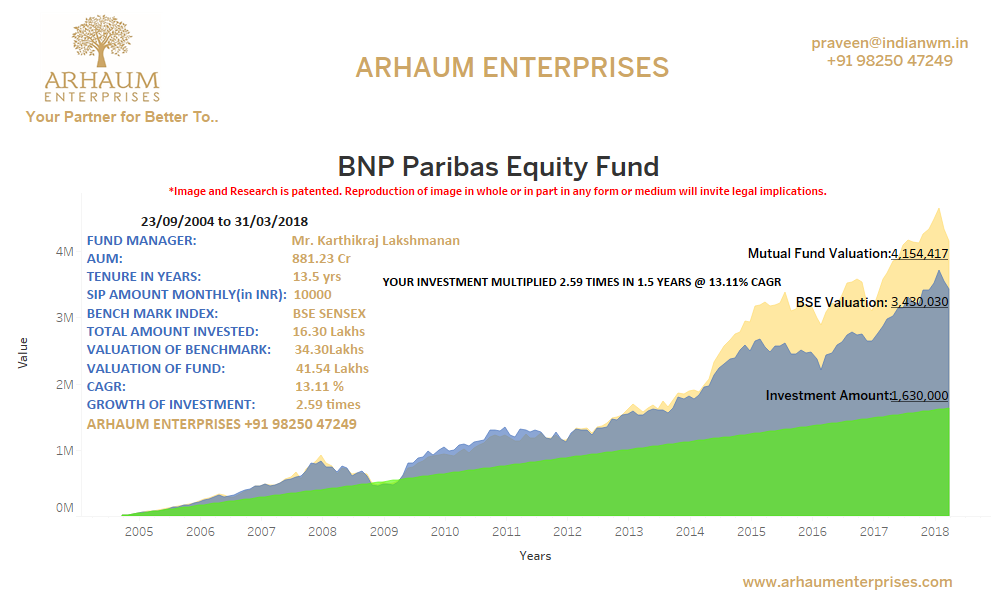√ The month is February, the deadline for submitting investment proofs is approaching.
What do I do?
√ Some money got accumulated in my savings account, want to park it in a safer avenue.
What do I do?
√ I have invested enough in equity, now I want to put some money in a safer fixed return option.
What do I do?
√ I want to invest, but I don’t want to take the risk.
What do I do?
In all of the above situations, what we do is: Go to a bank and invest in a fixed deposit.
Many research reports and survey came out with the facts that still there is huge amount of money get invested into Fixed Deposits. figures presented in all such reports testify the fact that whenever we want to invest for a long term, fixed deposits are our favorite option.
Why do we invest in FDs?
Better Interest rates: Since fixed deposits offer better rate of returns than saving accounts, we prefer investing in the former. Safe: We invest in fixed deposits in banks because we believe it is the safest investment option and other avenues carry a greater degree of risk than Fds. Traditional: We invest in Fixed Deposits because it is tried and tested. Our parents, relatives, friends, practically everyone, invests in Fixed Deposits. ‘So even I must have one’ is the logic behind the investment.
Did you know?
There are some interesting facts about fixed deposits which are often overlooked:
TDS is deducted from the maturity value if the total interest from your accounts including the FD account exceeds R10,000. If you are falling under a 20% or a 30% slab, then too the TDS will be deducted @ 10% and you will have to pay the remaining as a self assessment tax. Most people realize this at the time of
filing the returns, which is mostly the last date, since this TDS reflects in your account on the income tax website. You can however submit form 15G/15 H to the bank, but then again it needs to be deposited every year.
Interest rates are falling and are expected to fall further with easing inflation. Currently, the interest rates are in the 7-7.5% range for a five year FD in banks. If you check the rates 15 years back, this rate is much lower now and the trend is likely to continue.
Are there any other options ??
BONDS are another great option to invest your money. Bonds are issued by banks or public sector entities. Bonds are offered for a fixed tenure by the issuer at a fixed rate of interest. You can either buy the bonds at the time of their issue or from Secondary market where they are traded after the issue.
Lets understand in detail the features of a secondary market bonds
Interest Income: Bonds offer fixed interest rates like FD’s. The interest rate may differ from issuer to issuer based on tenure & credit rating of the bond. Liquidity: Bonds offer an edge over Fixed Deposits in terms of liquidity. Premature withdrawal of a fixed deposit attract hassles, time and massive penalties. However, in case of bonds, if you wish to liquidate your investment, it can easily be traded in the secondary market.
No Paperwork: You can buy a secondary market bond simply through your Demat Account. You don’t need to submit hard copies of the application form or your documents. You just have to sign a Deal Confirmation Sheet and send it on-line or through whatsapp before paying for your investment. Unlike FD, you don’t have to safeguard the FD certificate as all investments in bonds are in Demat.
No TDS on interest payouts: as bonds are listed on the exchange and issued in Demat mode. You shall pay your taxes due as per your tax slab on the income generated if you sell the bond within a year, and you are entitled to the benefits of Long Term Capital Gains if you redeem after one year. There is no hassle of annual submission of Form 15G or 15H unlike Bank FDs and you will not be paying a TDS if you are not liable to pay taxes.
Quick: Payment is via RTGS only and bond will be credited to your Demat a/c by end of day.
Credit Rating
Bonds are analyzed by credit rating agencies like ICRA, CRISIL, etc., for their credibility and they give them credit ratings. The ratings are like AAA, AAA+, AAA-, AA, BB, BBB, etc. and each rating represent varied levels of safety with regard to payments of interest and principal. The better the rating, the lesser the risk. So the investor must always look for bonds with good ratings.
Tenure
You must also consider the tenure of the bond, it should be in line with your investment horizon. Though, there is an option of secondary market trade, but there is always an interest rate risk if you encash it before maturity. So, if you are heading towards the bank for investing in a fixed deposit, change your direction to Bond, which bears all features of the former with added advantages of higher income and less complications.



